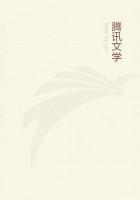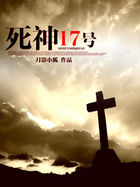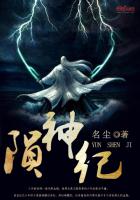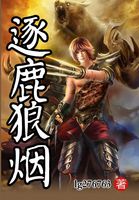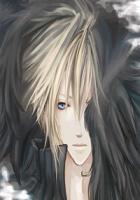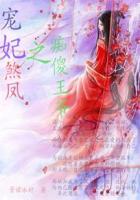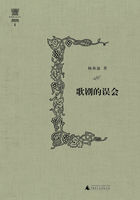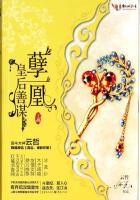The very acute and lively Spanish critic who signs himself Clarin, and is known personally as Don Leopoldo Alas, says the present Spanish novel has no yesterday, but only a day-before-yesterday. It does not derive from the romantic novel which immediately preceded that: the novel, large or little, as it was with Cervantes, Hurtado de Mendoza, Quevedo, and the masters of picaresque fiction.
Clarin dates its renascence from the political revolution of 1868, which gave Spanish literature the freedom necessary to the fiction that studies to reflect modern life, actual ideas, and current aspirations; and though its authors were few at first, "they have never been adventurous spirits, friends of Utopia, revolutionists, or impatient progressists and reformers." He thinks that the most daring, the most advanced, of the new Spanish novelists, and the best by far, is Don Benito Perez Galdos.
I should myself have made my little exception in favor of Don Armando Palacio Valdes, but Clarin speaks with infinitely more authority, and I am certainly ready to submit when he goes on to say that Galdos is not a social or literary insurgent; that he has no political or religious prejudices; that he shuns extremes, and is charmed with prudence; that his novels do not attack the Catholic dogmas--though they deal so severely with Catholic bigotry--but the customs and ideas cherished by secular fanaticism to the injury of the Church. Because this is so evident, our critic holds, his novels are "found in the bosom of families in every corner of Spain." Their popularity among all classes in Catholic and prejudiced Spain, and not among free-thinking students merely, bears testimony to the fact that his aim and motive are understood and appreciated, although his stories are apparently so often anti-Catholic.
I
Dona Perfecta is, first of all, a story, and a great story, but it is certainly also a story that must appear at times potently, and even bitterly, anti-Catholic. Yet it would be a pity and an error to read it with the preoccupation that it was an anti-Catholic tract, for really it is not that. If the persons were changed in name and place, and modified in passion to fit a cooler air, it might equally seem an anti-Presbyterian or anti-Baptist tract; for what it shows in the light of their own hatefulness and cruelty are perversions of any religion, any creed. It is not, however, a tract at all; it deals in artistic largeness with the passion of bigotry, as it deals with the passion of love, the passion of ambition, the passion of revenge. But Galdos is Spanish and Catholic, and for him the bigotry wears a Spanish and Catholic face. That is all.
Up to a certain time, I believe, Galdos wrote romantic or idealistic novels, and one of these I have read, and it tired me very much. It was called "Marianela," and it surprised me the more because I was already acquainted with his later work, which is all realistic. But one does not turn realist in a single night, and although the change in Galdos was rapid it was not quite a lightning change; perhaps because it was not merely an outward change, but artistically a change of heart. His acceptance in his quality of realist was much more instant than his conversion, and vastly wider; for we are told by the critic whom I have been quoting that Galdos's earlier efforts, which he called /Episodios Nacionales/, never had the vogue which his realistic novels have enjoyed.
These were, indeed, tendencious, if I may Anglicize a very necessary word from the Spanish /tendencioso/. That is, they dealt with very obvious problems, and had very distinct and poignant significations, at least in the case of "Dona Perfecta," "Leon Roch," and "Gloria." In still later novels, Emilia Pardo-Bazan thinks, he has comprehended that "the novel of to-day must take note of the ambient truth, and realize the beautiful with freedom and independence." This valiant lady, in the campaign for realism which she made under the title of "La Cuestion Palpitante"--one of the best and strongest books on the subject--counts him first among Spanish realists, as Clarin counts him first among Spanish novelists. "With a certain fundamental humanity," she says, "a certain magisterial simplicity in his creations, with the natural tendency of his clear intelligence toward the truth, and with the frankness of his observation, the great novelist was always disposed to pass over to realism with arms and munitions; but his aesthetic inclinations were idealistic, and only in his latest works has he adopted the method of the modern novel, fathomed more and more the human heart, and broken once for all with the picturesque and with the typical personages, to embrace the earth we tread."
For her, as I confess for me, "Dona Perfecta" is not realistic enough --realistic as it is; for realism at its best is not tendencious. It does not seek to grapple with human problems, but is richly content with portraying human experiences; and I think Senora Pardo-Bazan is right in regarding "Dona Perfecta" as transitional, and of a period when the author had not yet assimilated in its fullest meaning the faith he had imbibed.
II
Yet it is a great novel, as I said; and perhaps because it is transitional it will please the greater number who never really arrive anywhere, and who like to find themselves in good company /en route/.


